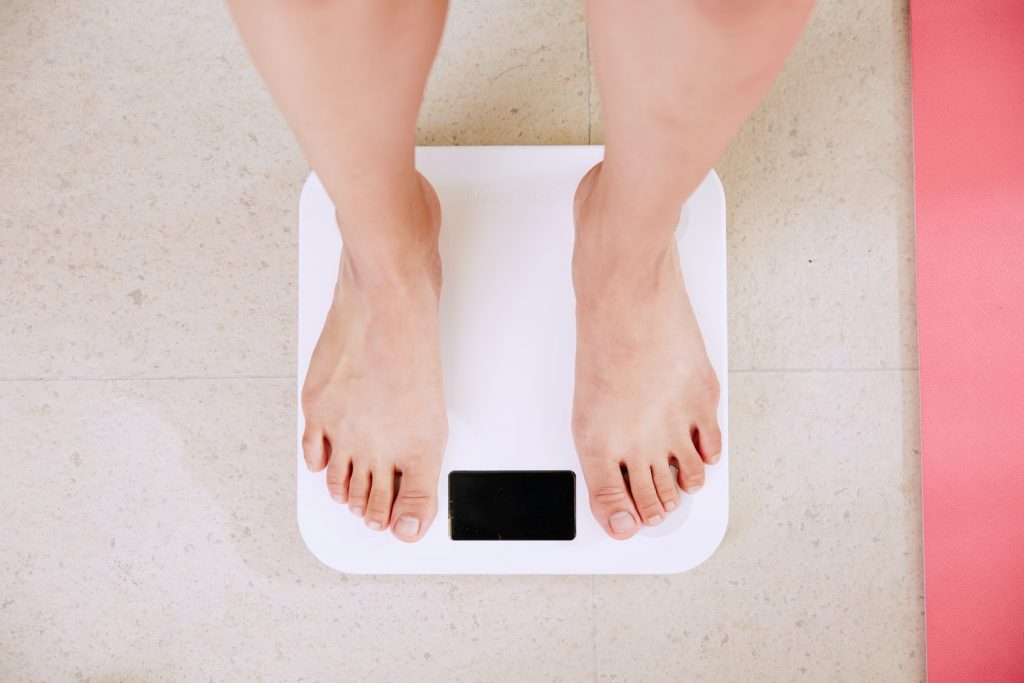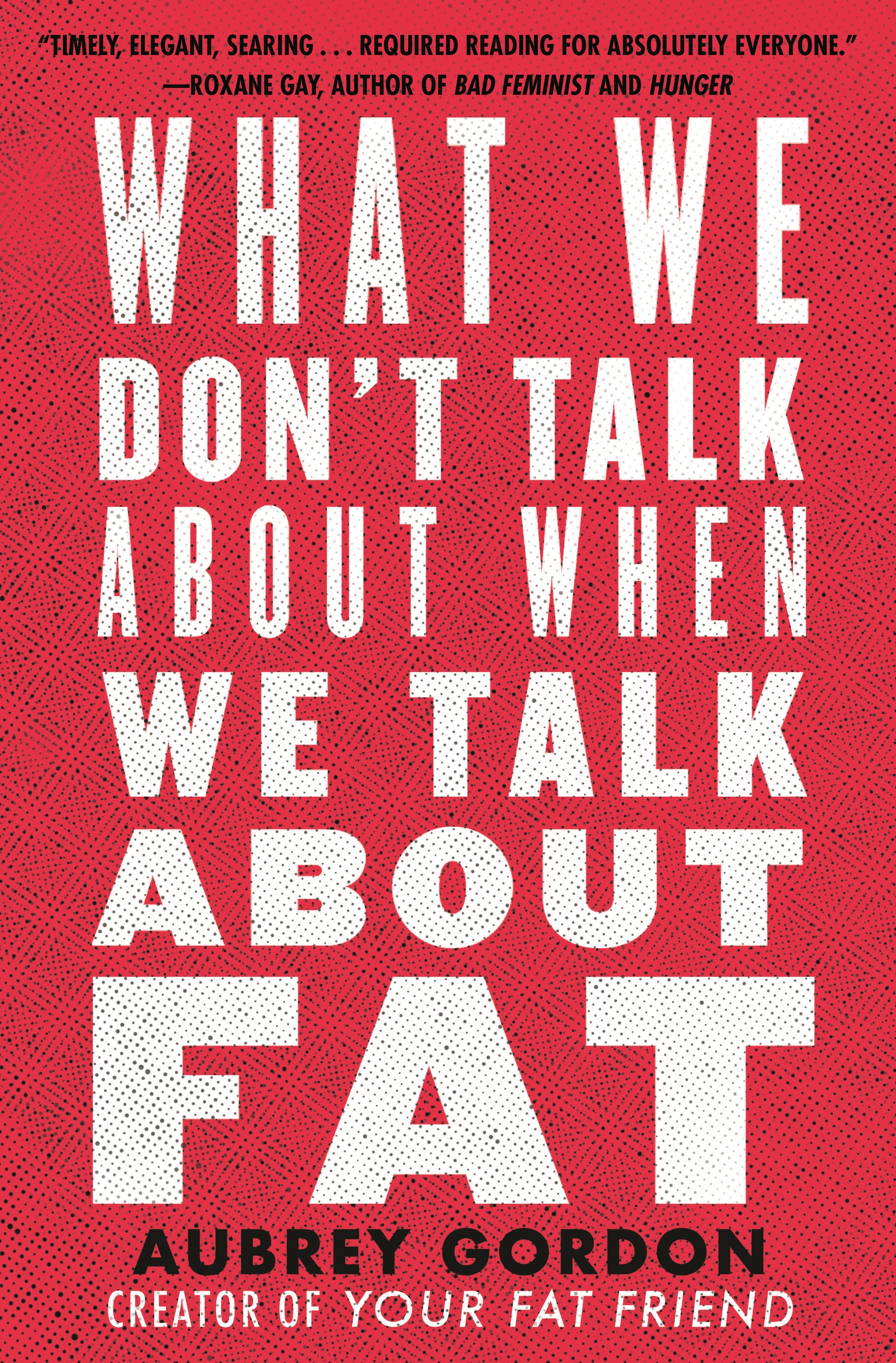How Do We Talk About Fat Discrimination? Author Aubrey Gordon Has An Idea
The new book “What We Don’t Talk About When We Talk About Fat” examines the way society treats fat people. Writing from a personal and cultural perspective, author Aubrey Gordon goes beyond cosmetic complaints to examine the depths of anti-fat bias.

It’s time to have a real and intentional conversation about fat, the look of real body-positive advocacy and the stigmas surrounding this taboo topic. These themes frame Aubrey Gordon’s collection of essays titled “What We Don’t Talk About When We Talk About Fat.”
“Being in the world as a fat lady, I kept having these really challenging experiences with co-workers and family members.” — Author Aubrey Gordon
Writing from a personal and cultural perspective, Gordon goes beyond cosmetic complaints to undress the depths of anti-fat bias and discrimination, ultimately rallying for a social justice movement to form and broaden the scope of the conversation.
Click the audio player to hear the full conversation with author Aubrey Gordon:
“When we think about social justice, we’re talking about addressing disparities amongst communities. There are really specific disparities between people who are fat and people who are not fat,” says Gordon, who has penned articles on this topic for Self Magazine as “Your Fat Friend.”

“Only about 15% of hiring managers in the U.S. said they would consider hiring a fat person for a job. That is a substantial problem and those numbers get quite a bit worse when you factor in race, gender and gender-identity expression,” explains Gordon. “The conversation isn’t about if this bias exists. There isn’t much debate about that. The conversation that comes up is, is it justified – is it earned or not?”
Gordon says it was the daily challenges she personally faced that encouraged her evolution from columnist to author and wanting to share her story.
“Being in the world as a fat lady, I kept having these really challenging experiences with co-workers and family members, but also with strangers on the street who would take on this role of light-touch street harassment with the beliefs they were helping to further my own personal health in some way,” says Gordon. “I also had these challenges with doctors, some of whom would refuse to examine me or would refuse patients over a certain weight and I started doing research into ‘is this just me or is there something broader happening?’ It turned out that there is something much broader and much more troubling happening here.”
Through anecdotes and historical data, Gordon desires to shift the narrative from a war on obesity and child obesity that has led to a “dramatic uptick in anti-fat bias and stigma” to one that constructively assesses America’s issue with weight.
Trusted, accurate, up-to-date
WDET is here to keep you informed on essential information, news and resources related to COVID-19.
This is a stressful, insecure time for many. So it’s more important than ever for you, our listeners and readers, who are able to donate to keep supporting WDET’s mission. Please make a gift today.
